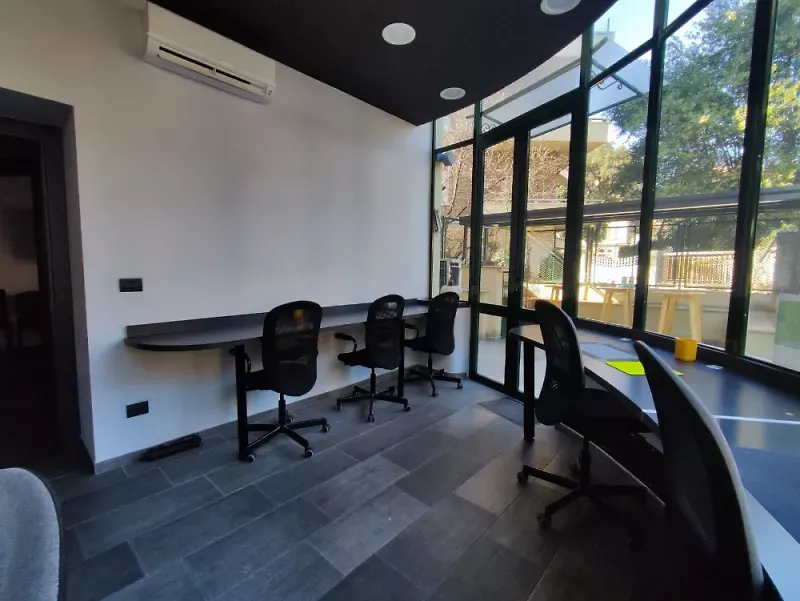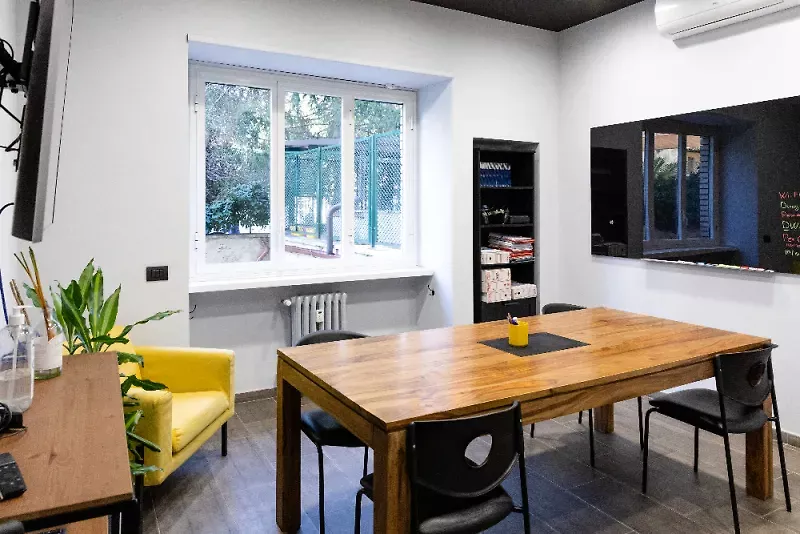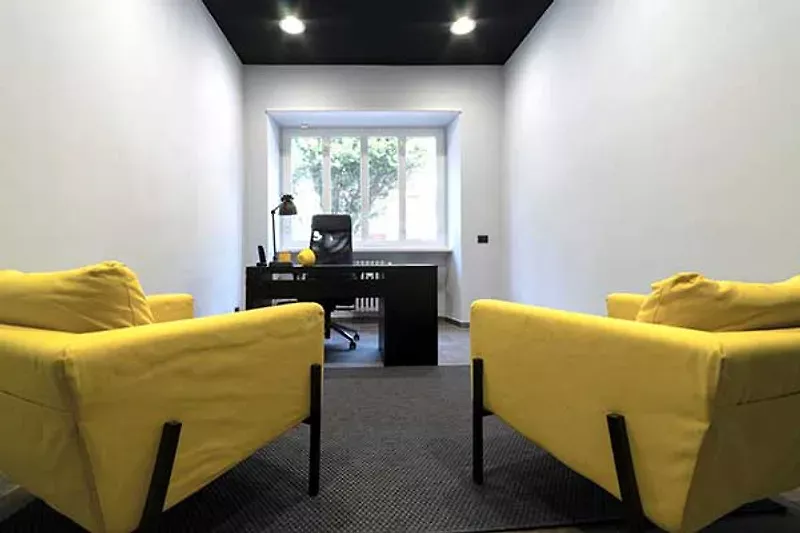All You Need to Know About Italy´s New Digital Nomad Visa
Italy, long cherished as a top holiday spot, is now capturing the hearts of digital nomads worldwide. As remote work becomes the norm for millions, this Mediterranean gem is emerging as a prime destination for those who embrace nomadic lifestyles, working flexibly across borders.
Until recently, legalizing long-term work for digital nomads in Italy posed a challenge.


Colosseum
The Colosseum or Flavian Amphitheatre is a large ellipsoid arena built in the first century CE by the Flavian Roman emperors of Vespasian (69-79 CE), Titus (79-81 CE) and Domitian (81-96 CE). The massive arena held 50,000 spectators and hosted spectacular public entertainments such as gladiator fights, wild animal hunts, and public executions from 80 CE to 404 CE.
However, a groundbreaking visa for remote workers was officially enacted into Italian law on March 28, 2022, and has been in effect since April 4.
Who can apply for an Italian digital nomad visa?
Unlike other digital nomad visas, the Italian visa targets highly skilled professionals under article 27 of the immigration code,
According to the Italian government's decree, a digital nomad is defined as a non-EU citizen engaged in highly qualified remote work using technological tools, whether as a self-employed worker, collaborator, or employee, even if not residing in Italy.
In 2022, the criteria for 'highly skilled worker' were ambiguous. However, the definition has evolved since then.
As of March 2024, the visa is accessible to individuals earning an annual income of at least three times the minimum threshold for healthcare cost exemption in Italy, approximately €28,000 annually.
Health insurance emerges as a crucial requirement for visa approval, necessitating individuals to secure comprehensive coverage valid throughout their stay.
Applicants must demonstrate adequate accommodation arrangements for the duration of their residency and furnish evidence of their digital nomad or remote work status for a minimum of six months prior.
Additionally, prospective applicants must visit an accredited diplomatic-consular office and furnish a declaration endorsed by their employer before their visa application can proceed. However, not all individuals are eligible to apply. Those with a criminal record within the last five years, even with a non-definitive sentence, are automatically disqualified from the visa process.
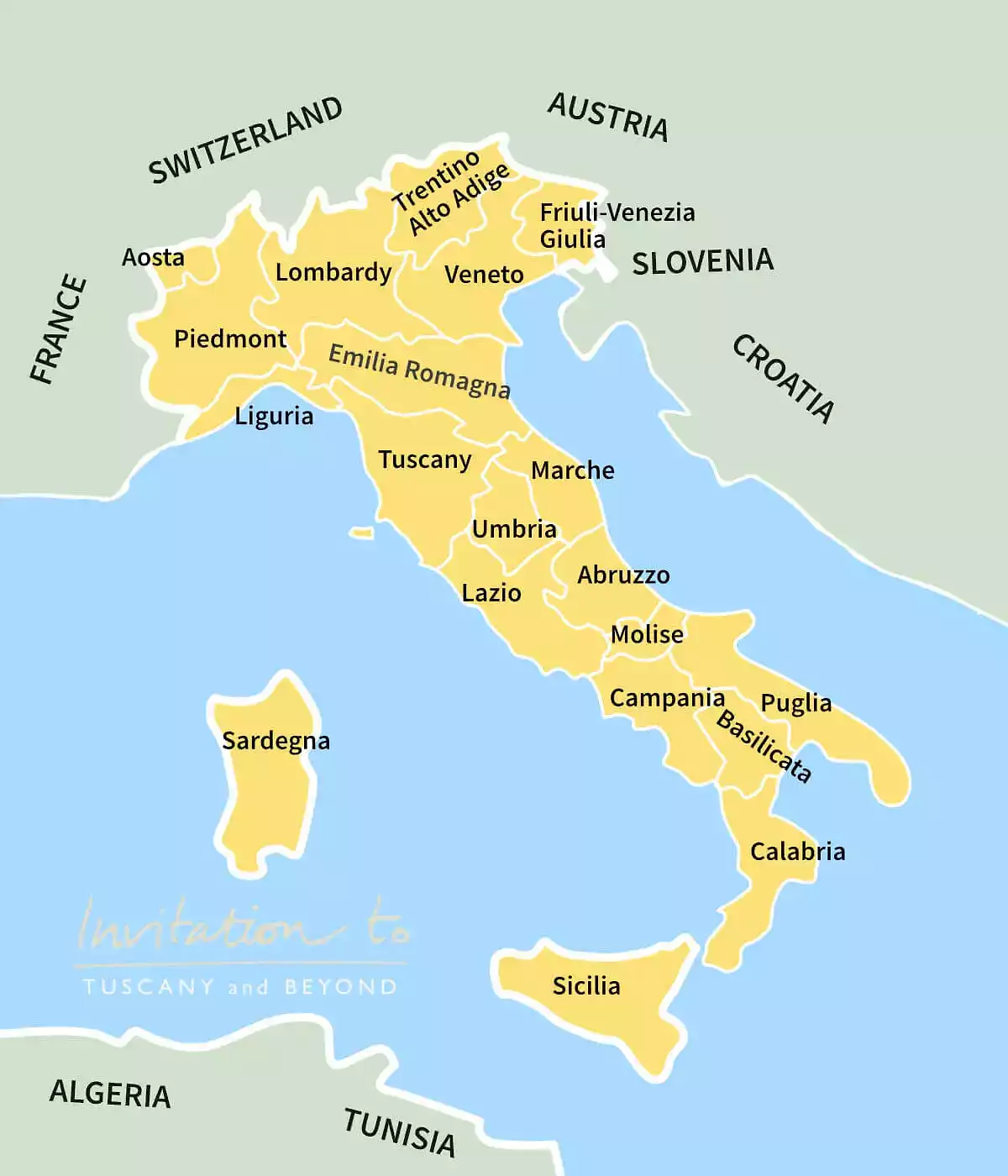
How long will Italian digital nomad visas last?
In 2022, Luca Carabetta, a former Five Star Movement politician and advocate of the digital nomad visa, hinted that the visa's initial duration would be one year.
As of this week, that duration has been officially confirmed.
The visa will be labeled as "digital nomad - remote worker" and will be valid for up to one year initially, with the possibility of annual renewal contingent upon meeting the initial conditions and requirements.
This visa is exclusively reserved for individuals with "advanced technological means," indicating it is tailored for those capable of working remotely from Italy.
Furthermore, digital nomads have the option to bring their family members along, albeit with certain conditions.
Ultimately, Italy's police headquarters have the authority to grant residence permits for family reasons based on their discretion.
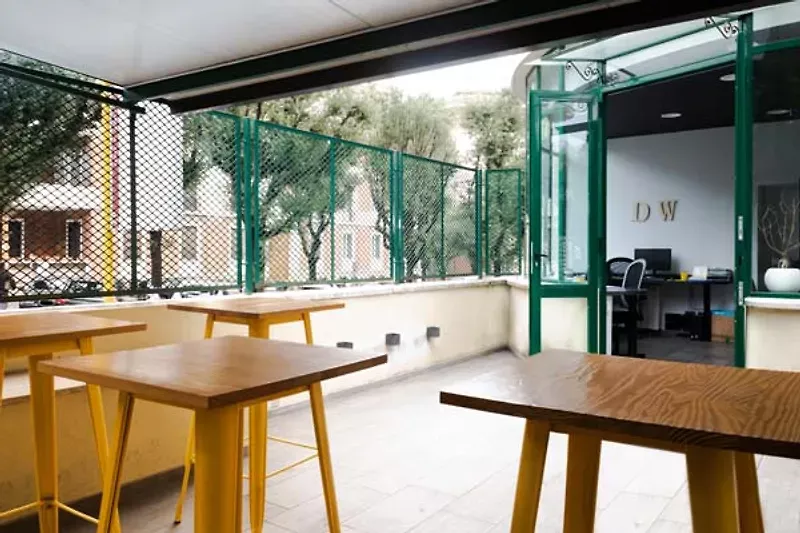
Doing Working
Your new business center is located in via Chiana, in the elegant Trieste-Salario district, close to Parioli and the splendid Villa Ada and a few minutes from the historic center of Rome. A strategic and privileged position for your business meetings, your meetings with clients and as a representative office.
When will the Italian digital nomad visa be available?
Effective from April 4th, applications are currently open for Italy's digital nomad visa.
To apply, interested individuals must schedule an in-person appointment at an Italian consulate within their country of residence.
Applicants are obligated to furnish various documents, including a valid passport, evidence of employment, proof of income, health insurance coverage, documentation of accommodation arrangements in Italy, and a criminal record certificate.
Upon approval of the visa, applicants have an eight-day window from their arrival in Italy to initiate the application process for a residence permit, commonly referred to as permesso di soggiorno.
How will taxation work for digital nomads in Italy?
Before applying for the visa, applicants must ensure they are tax compliant in Italy. This typically involves coordination between the Italian taxation office and the equivalent authority in the applicant's home country.
It is convenient to consulting with an Italian tax expert before proceeding with the application process. Understanding the tax obligations and associated paperwork is crucial.
In case of any tax violations, the office will promptly report the contravention to the issuing authority of the visa.
In essence, obtaining one of Italy's digital nomad visas will require meeting a comprehensive set of requirements, as per the information currently available.


